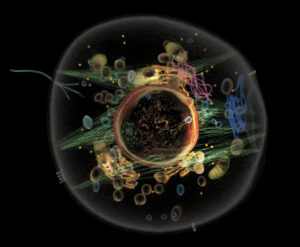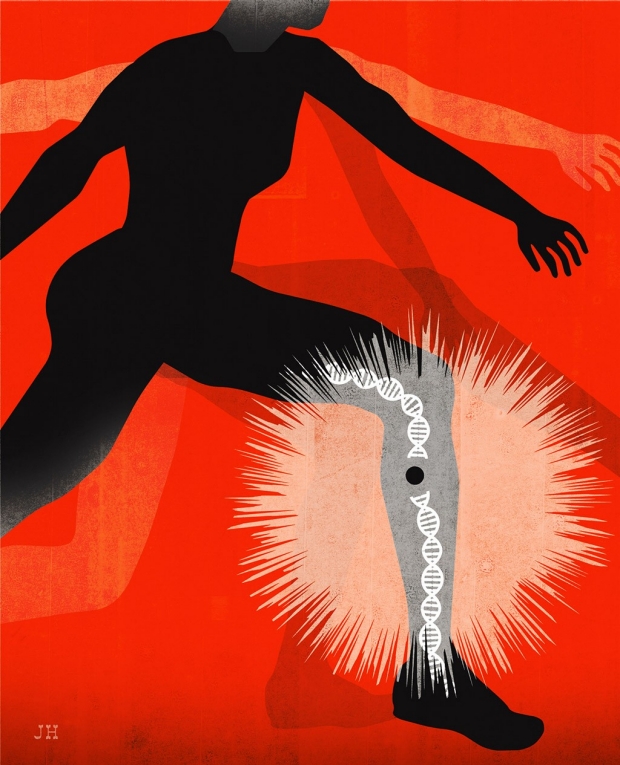The digital edge
How technology is transforming health care
This issue of Stanford Medicine magazine explores how technology is transforming health education, research and patient care around the globe.

High-tech health
How digital medicine is improving patient care
Superstar
Young scientist helps design software that measures a surgeon’s skill
On the record
Meet a new member of the health care team: the electronic health record
The promise of electronic health records
Insights from a national symposium
Computer memory
Capturing the brain’s learning and recall motor in silicon
The happy commute
New technology could make your drive therapy time
Driving us sane
In a literal test drive, I chatted with experimental robots that help manage stress — here’s how it went
Hands-on
Surgeon, educator and inventor builds on collaborations to advance the science of touch
Letter from the Dean
Planning a digital future with humanity
Embracing high-tech tools without diminishing the crucial need for the human touch
Plus
Deciding to change
An excerpt from the autobiography of a transgender scientist
Compatible with life?
Doctors and families grapple with what’s next when a severe genetic disorder is diagnosed during pregnancy
Going strong
Genetic screening could provide an early chance to counter bone weakening
Snake weather
Climate study shows uptick in bites after rainy seasons and drop following droughts
Upfront
Upfront is a quick look at the latest developments from Stanford Medicine
Sugar bombs
Evidence of blood-sugar level spikes in healthy people prompts call for everyone to undergo annual continuous glucose monitoring.
Sociability boost
Activating the release of a mood-regulating chemical into a single brain circuit can improve the sociability of mice with autismlike symptoms.
Magnetic pull
Researchers can employ a magnetic wire to detect up to 80 times more free-floating cancer cells in blood than simple blood tests show.
Blues clue
Depressed people have lower levels of a naturally occurring amino acid called acetyl-L-carnitine that helps our bodies produce energy.
Stalling salmonella
Varying levels of a naturally occurring molecule that slows the spread of Salmonella could explain why the pathogen doesn’t sicken everyone.
DNA stutter
The relatively rapid evolution of our brains could explain why humans suffer from schizophrenia and bipolar disorder, but animals don’t.
Cancer canary
People with frequent common skin cancers could have a higher risk of developing other cancers, study shows.
Explore issues

The majestic cell
How the smallest units of life determine our health

Psychiatry’s new frontiers
Hope amid crisis

AI explodes
Taking the pulse of artificial intelligence in medicine














